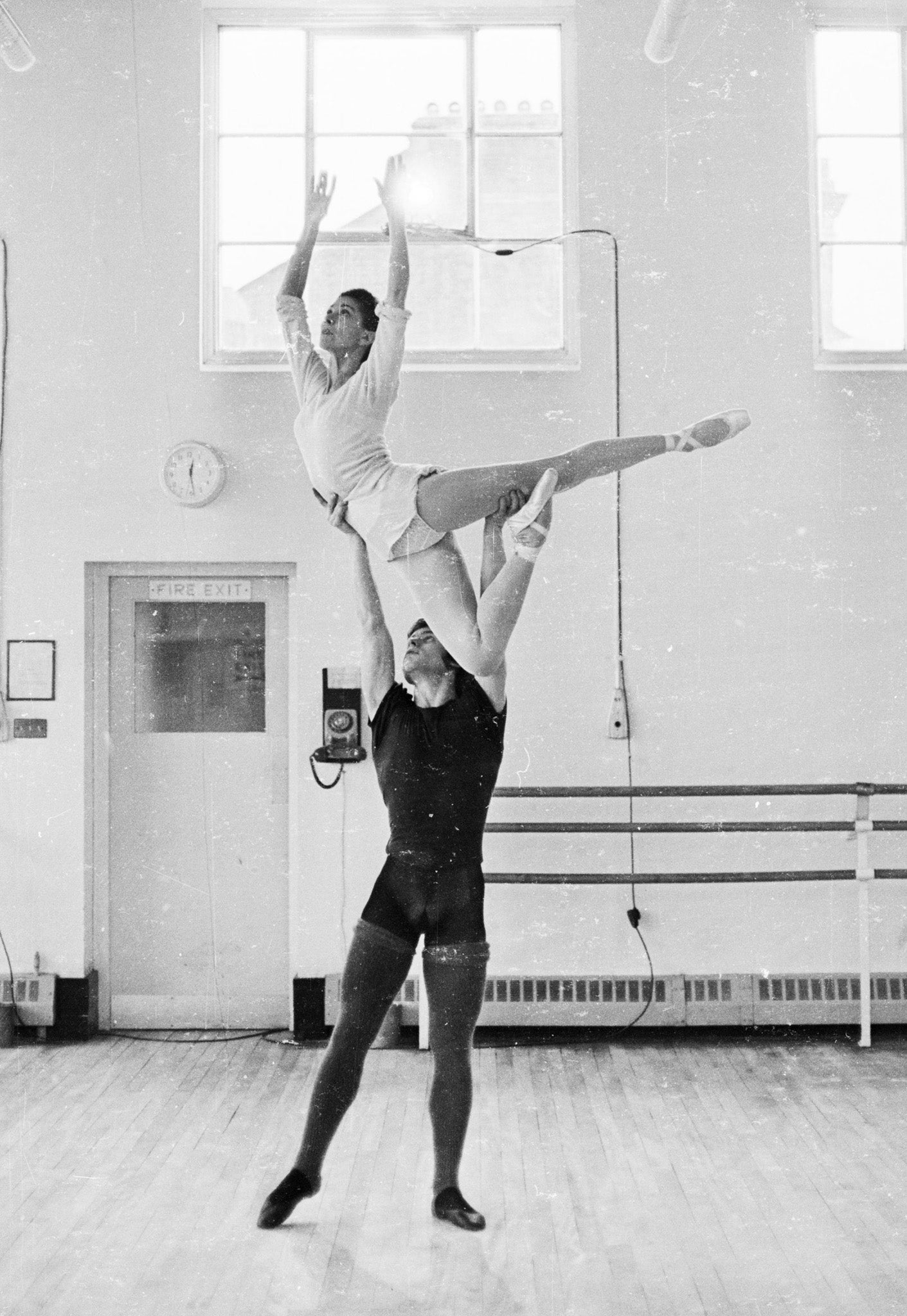David Wall: Dancer who became the Royal Ballet's Principal at the age of 21

David Wall, who has died of cancer at the age of 67, was a ballet dancer who became the youngest Principal in the history of the Royal Ballet, at the age of only 21. He had joined the company in 1963 and rose to Principal three years later. As Crown Prince Rudolf of Austria-Hungary in Sir Kenneth MacMillan's Mayerling, first produced in 1978, he played what is widely regarded as the most challenging role in classical ballet and the one for which he will be best remembered.
Wall was born in 1946 in Chiswick, the son of an engineer. Although there was no tradition of the arts in the family, his talent for dancing was noticed early on. As he recalled in a later interview, "It started at my primary school where in fact I had to do compulsory ballroom classes… The teacher who taught this class also taught ballet on a Saturday morning and saw some talent there for something."
He enrolled with the Royal Ballet School as an associate member, aged nine, and spent two sessions per week rehearsing. He explained, "It was the encouragement that my teacher and parents gave me that kept me on the lines of ballet, rather than an inborn urge to dance."
In 1963 he left school and joined the Royal Ballet Touring company, with eight performances per week and on tour for months at a time. His first solo work was in Bournonville's Napoli. Asked about that premiere, he said, "It's a good grounding for young soloists, quite difficult technically… It was a very nerve-racking evening." He followed up with the role of the Young Man in Frederick Ashton's The Two Pigeons, opposite Alfreda Thorogood, who would later become his wife.
Wall came to the notice of Margot Fonteyn, who asked to perform with him, leading to a partnership in Les Sylphides, which the pair danced for the first time in Oslo. "As soon as I got into the rehearsal room she put me totally at ease and we really started to enjoy working", he recalled.
Around this time he was struck down by a fatigue fracture in his shin which meant either giving up dancing altogether or taking a year off to recover. He took the latter option and used the time to travel and discover the cities of Europe.
In 1970 the Royal Ballet touring company merged with the main company and Ashton, the artistic director, was replaced by MacMillan. But Ashton remained active with the company and created the piece Sinfonietta with the young star in mind. "Actually, their approaches were quite similar in many ways," Wall said. "But I think Kenneth knew what he wanted almost more than Ashton did… both of them as choreographers relied totally on the people they were creating for."
As Rudolf in Mayerling for the Royal Ballet in 1978, Wall was at his peak. Choreographed by Macmillan, this is one of the most demanding pieces of ballet, requiring considerable physical strength and stamina. The current Principal at the Royal Ballet, Edward Watson, has said, "There's nothing like Mayerling – nothing so focuses on the male protagonist. The choreography is incredible to get into, and emotionally it's completely exhilarating and exhausting." Wall compared it to being "run over by a steamroller".
Asked about aesthetics of the piece, in which he partnered Lynn Seymour, Wall said, "I think to create a great performance of Rudolf, one has to have total confidence in one's artistry and the fact that one can be subtle within the role, and not just treat it as a big male virtuoso piece. It's very much like Rake's Progress but in three acts, because it's got to have a very logical follow-through as to why things happen, and I think it involves a lot of intelligence of interpretation."
Talking about his other favourite characters on Desert Island Discs the same year, he spoke of his 1974 part in Manon, again created by Macmillan, saying, "Certainly the role of Lescaut was a very important stage in my career. It gave me a chance to create a very real character, slightly devious and nasty, which is always enjoyable… Most of all I enjoy dancing roles that portray real characters and have real personalities attached to them."
Following his retirement from the stage in 1984, Wall joined the Royal Academy of Dance, where he worked as General Secretary until 1991. Four years later he joined the English National Ballet as Ballet Master. He was appointed CBE in 1985.
Kevin O'Hare, the current Director of the Royal Ballet, said of his transition into ballet education "David was a wonderful role model for all young male dancers of the generation that followed him…he became an inspirational teacher and coach, committed to passing on his knowledge and experience, especially in so many of the roles he had made his own."
O'Hare continued in tribute: "He was a truly exceptional artist and star of The Royal Ballet and one of its greatest dance actors. A fine classical dancer and a consummate partner, he possessed a dramatic intensity that allowed him to dance and create a huge variety of roles, all with equal success.
"It was these gifts that led Kenneth MacMillan to create the role of the manipulative and calculating Lescaut for him in Manon in 1974 and then, in 1978, the ground-breaking role of Crown Prince Rudolf in Mayerling which is, to this day, the most challenging male role in The Royal Ballet's repertoire. It was an unforgettable experience for all us who saw him perform it."
Marcus Williamson
David Wall, ballet dancer: born Chiswick, London 15 March 1946; CBE 1985; married 1967 Alfreda Thorogood (one son, one daughter); died Croydon 18 June 2013.
Join our commenting forum
Join thought-provoking conversations, follow other Independent readers and see their replies
Comments